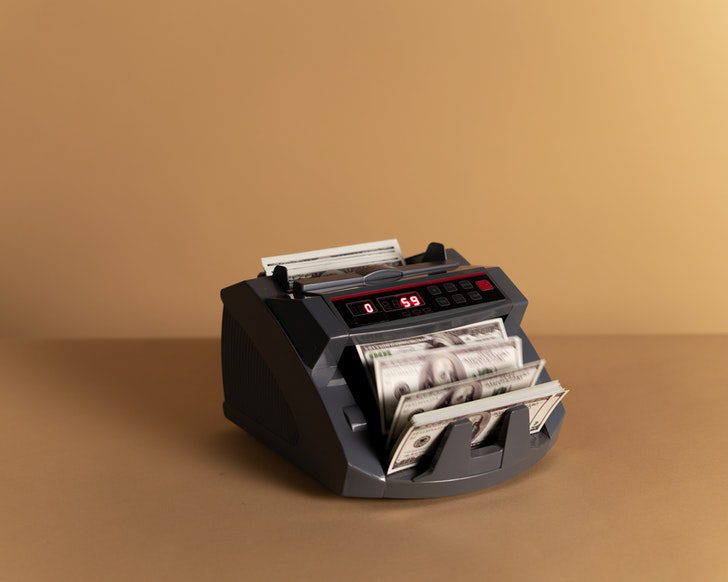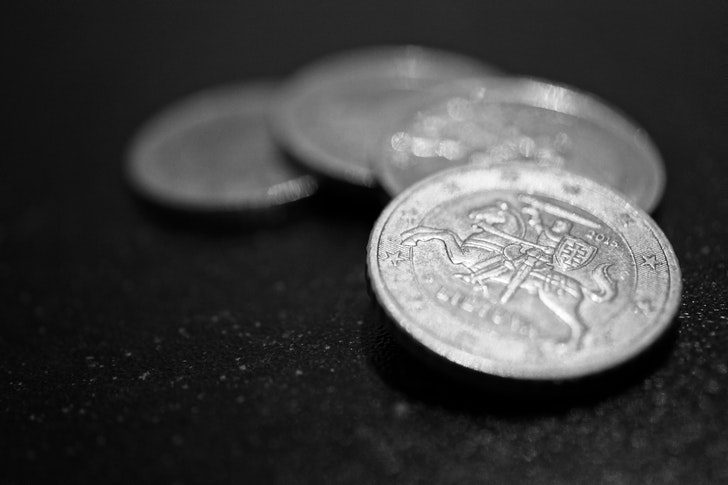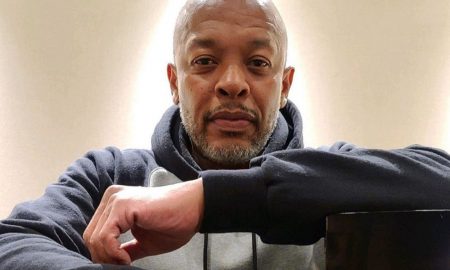
Tips On Getting Financially Organized

Being able to maximize your money and knowing how to get the most out of every penny is crucial because it frees you up to concentrate on the important things in life. Leaving money worries behind means knowing that you have things under control. You can free up valuable time and energy so that you can get on with actually living!
The Benefits of Decluttering Your Life

Cottonbro/ Pexels | Deprive yourself on nothing necessary for your comfort
There are many benefits to organizing your possessions. Even then, it’s tough to move into action, until the many benefits of getting rid of clutter reveal themselves:
Less stress
Looking around at the clutter is a nausea-inducing site once your home becomes cluttered enough. Wouldn’t it be nice to be able to look around and see a home you love?
Less debt
Spending less time shopping for material possessions and adding to the clutter means your wallet and bank accounts remain fuller; your credit card statements are lower, and your home doesn’t get filled with costly things you don’t need.
More energy for your greatest passions
With less debt, more financial freedom, and a clean home, you can now focus your energy on the things you enjoy instead of worrying about keeping up with your present responsibilities. This will ultimately make you happier.
How to become organized?

George Becker/ Pexels | Money is only a tool but it will take you wherever you wish
A lack of organization can harm your finances as much as being short on cash. Losing bills will lead to late fees, and not keeping track of your checking account balance can lead to overdraft fees. The following steps will help you stay on top of your financial life and save you money in the long run.
Shred old financial records
Shredding old documents will help you significantly cut down on clutter. As a general rule, ATM or credit card receipts can be shredded if they match your monthly statement and if they aren’t needed for tax purposes. Paycheck stubs aren’t needed once you get your annual W-2. Tax returns older than seven years can be shredded (just check with your accountant first). You should also shred old credit cards and loan offers.
Create a Budget
Once you have established a list of financial goals and have taken a close look at your spending habits, it’s time to create a budget that reflects how you want to spend your money. To create an effective budget, start with a budget worksheet, where you’ll gather all of your financial statements, record your sources of income, create a list of monthly expenses, and make adjustments to those expenses. Then, you’ll want to learn how to budget your annual spending and break that down to develop a monthly spending plan.

Karolina Grabowska/ Pexels | Saving up for those major purchases will help minimize debt while keeping a budget in line
Pay your bills on time
Often, if you pay late then you get billed for late fees, luckily there is a quick and easy way to ensure that you never miss a bill deadline again, and that’s with direct debits. Setting up direct debits will help with this and take away any stress, and you also sometimes even get discounts for paying in this way.
It doesn’t take long to set these up, and if you keep on top of your money by checking your bank statement each month so that you know the right amounts are being taken, you will be able to easily see how much you need to live your life as well.
More in Investments & Savings
-
`
How to Spend Money to Maximize Your Happiness
Money can not buy you happiness, or so the old saying goes. But let’s be real for a moment: Having a...
December 6, 2023 -
`
Brad Pitt’s Potential Retirement Plans
Hollywood superstar Brad Pitt is making headlines again, and this time, it’s not about his latest blockbuster or a high-profile relationship. Recent...
November 29, 2023 -
`
How to Rebalance Your Portfolio to Stay on Track
Investing can be rewarding, but the journey to success is not without its twists and turns. Maintaining a well-balanced portfolio is...
November 20, 2023 -
`
Why Millennials Are Investing in Real Estate
In recent years, there has been a noticeable shift in the real estate landscape, with an increasing number of Millennials diving...
November 18, 2023 -
`
Nina Dobrev and Julianne Hough | From Friends to Business Partners
In the world of wine, where passion meets business, best friends Nina Dobrev and Julianne Hough prove that mixing friendship and...
November 7, 2023 -
`
Cha-Ching! Dr. Dre’s Ex-Wife’s $100 Million Divorce Settlement
In the world of Hollywood’s tumultuous divorces, Dr. Dre and his ex-wife Nicole Young’s split takes center stage as one of...
November 1, 2023 -
`
Joe Jonas and Sophie Turner’s Surprising Showbiz Wealth
Joe Jonas and Sophie Turner, the power couple of Hollywood, have managed to amass quite a fortune during their illustrious careers....
October 29, 2023 -
`
10 Best Money Tips to Secure Your Financial Future
Money is vital in our lives, impacting our day-to-day well-being and long-term financial security. Whether you aim to save for a...
October 19, 2023 -
`
The World’s Richest Celebrity Couples
Love and fame are not mutually exclusive, and when the two worlds collide, they create a magnetic force of success and...
October 3, 2023















You must be logged in to post a comment Login